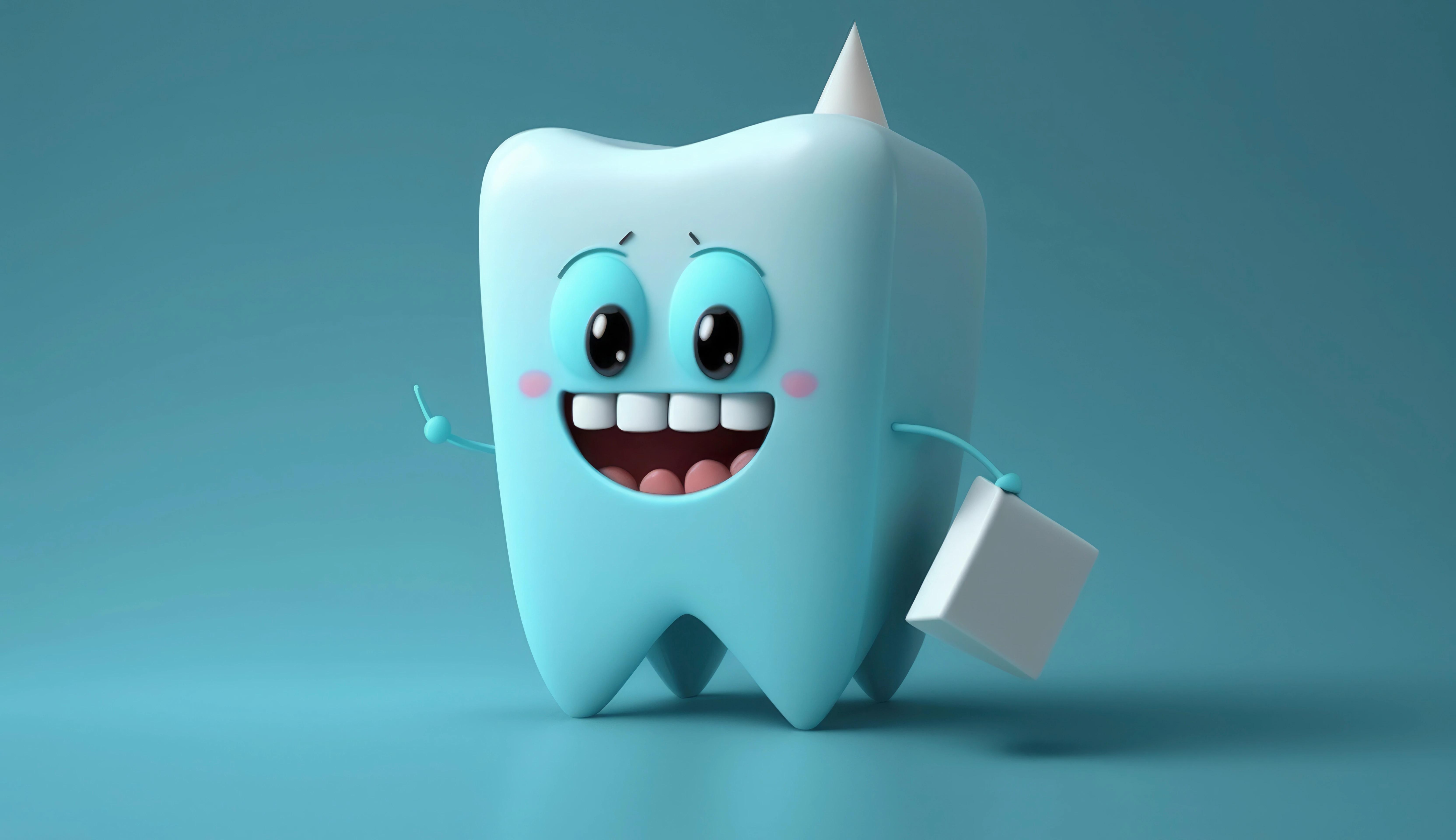Teeth sensitivity can be more than just a minor annoyance. It can disrupt your daily routine and make even simple pleasures, like sipping on a cold drink or enjoying an ice cream cone, a painful experience. Fortunately, there are effective treatments available that can help reduce sensitivity and protect your smile. Let’s dive into the causes of teeth sensitivity and explore the best treatment options to help you live comfortably again.
What is Teeth Sensitivity?
Teeth sensitivity, or dentin hypersensitivity, occurs when the protective layers of your teeth enamel and gums are compromised. This leaves the underlying dentin, which contains tiny nerve endings, exposed to temperature changes and certain foods, resulting in sharp, sudden pain.
Common Causes of Teeth Sensitivity
Understanding what causes your sensitivity is the first step toward effective treatment. Some common culprits include:
Enamel Erosion: Over time, abrasive brushing, acidic foods, and beverages can wear down enamel, exposing the dentin.
Gum Recession: As gums recede, the softer, more sensitive root surfaces become exposed.
Cracked or Chipped Teeth: Damaged teeth can expose the nerve endings inside.
Recent Dental Procedures: Treatments such as teeth whitening, fillings, or cleanings can temporarily increase sensitivity.
Top Treatment Options
1. Desensitizing Toothpaste
One of the most accessible and effective remedies is switching to a desensitizing toothpaste. These toothpastes contain compounds like potassium nitrate that help calm the nerves, and fluoride to strengthen enamel. With regular use, many patients experience significant relief from discomfort.
2. Professional Fluoride Treatments
In-office fluoride treatments offer a concentrated dose that can quickly reinforce enamel and reduce sensitivity. Your dentist may recommend periodic treatments to maintain results, especially if you’re at risk of further enamel erosion.
3. Dental Bonding
For individuals with chipped or cracked teeth, dental bonding can be a game-changer. A tooth-colored resin is applied to the affected area, protecting exposed surfaces and reducing sensitivity.
4. Gum Grafts
If gum recession is the primary cause of your sensitivity, a gum graft may be necessary. This procedure involves taking gum tissue from another part of your mouth and attaching it to the affected area, covering exposed roots and restoring a natural barrier.
5. Laser Therapy
Emerging as a promising treatment, laser therapy works by targeting and sealing off the exposed nerve endings. This treatment can provide relief for patients who haven’t responded well to other methods, though it’s typically considered when other options haven’t brought satisfactory results.
Prevention Tips for a Sensitivity-Free Smile
Use a Soft-Bristled Toothbrush: Gently brushing with a soft-bristled brush can help protect your enamel and gums.
Avoid Over-Brushing: Brushing too hard can contribute to enamel wear and gum recession.
Limit Acidic Foods and Beverages: Reduce consumption of citrus fruits, sodas, and other acidic products that can erode enamel.
Regular Dental Visits: Routine check-ups allow your dentist to catch early signs of wear and recommend timely interventions.
Final Thoughts
Teeth sensitivity doesn’t have to dictate your lifestyle. With the right combination of at-home care and professional treatments, you can enjoy your favorite foods and beverages without the fear of sudden pain. If you’re struggling with sensitivity, consult your dentist to determine the underlying cause and develop a personalized treatment plan that works best for you.Remember, a healthy smile is a confident smile—take care of it, and it will take care of you! Have you tried any of these treatments? Share your experiences or ask your questions in the comments below!


